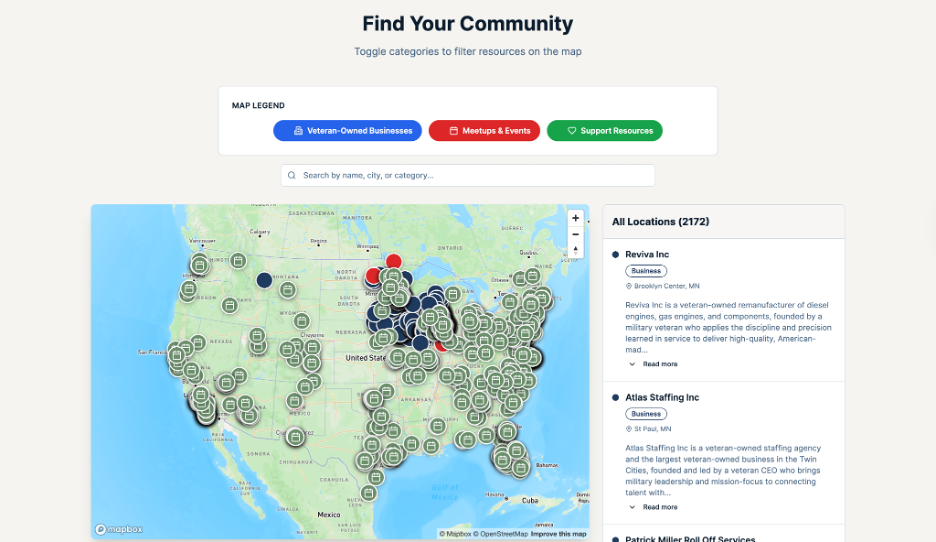Brood X cicadas are set to emerge from the ground this May for the first time in 17 years. University of Chicago students will be relieved to hear that, for the most part, this brood will not be directly affecting the Chicago area.
Cicada broods are categorized by their geographical location and their time of emergence. Katie Dana, a graduate student at the University of Illinois Urbana-Champaign who studies cicadas, said that “this brood is a little bit more restricted in Illinois in terms of distribution, so it's going to mostly hit the far eastern part of the state: Vermillion, Edgar, Clark, and Crawford counties.”
Despite being safe from this round of cicadas, it won’t be long until UChicago will be more directly affected. “Thankfully, you'll get a bit of a break from them this year,” Dana said. “It's not until 2024 that Chicago gets the next brood emergence, which is Brood 13.”
Dana emphasized that, for people who do not have to live through the consequences, brood emergences can be fascinating to study. Last year, Dana had the opportunity to travel through Illinois to observe early emergences of Brood X cicadas. “It was incredible stepping out of the car. It was so loud. Cicadas have always been incredible to me. It was like stepping out onto an alien planet.”
Cicadas also improve the environment. According to Dana, when cicadas die, they break down into a powerful fertilizer, which increases woody growth.
However, brood emergences can also be a nuisance for people living in affected areas. “For people who live in an affected area who have young fruit trees, it's probably a good idea to cover them. Females laying their eggs is a little bit stressful for trees,” Dana said. Female cicadas lay their eggs by making holes in the branches of trees, which can be damaging for them. “Also, towards the end of the season it gets a little stinky because they lay eggs, then they die.”
Ultimately, Dana said that there are not any ways to prevent an emergence. “There’s nothing you can do. If the cicadas are coming out of the ground, you just have to deal with it. There’s no way to stop them, and they are going to die soon anyway, so there’s no point in killing them.”
Despite some people’s trepidation about the oncoming insects, Dana encourages students to make the most of the event. “Even if you guys aren’t in the area where they will be, it might be fun to take a trip down to a place like Kennekuk to go hiking and see them. It’s nice to not have to live through it. You can actually just experience the really cool huge emergence and see the wildlife having a feast,” she said.
Dana recommended downloading an app called Cicada Safari, which helps researchers map emergences across the country. “People can report cicadas that they see. It's really important, since this only happens every 17 years, that we report where we are seeing and hearing them,” she said.
This year, it seems that University of Chicago students will get the best of both worlds. While Chicago will be spared from the onslaught, students who are interested can head to nearby counties for a hike to experience the Brood X emergence firsthand.








